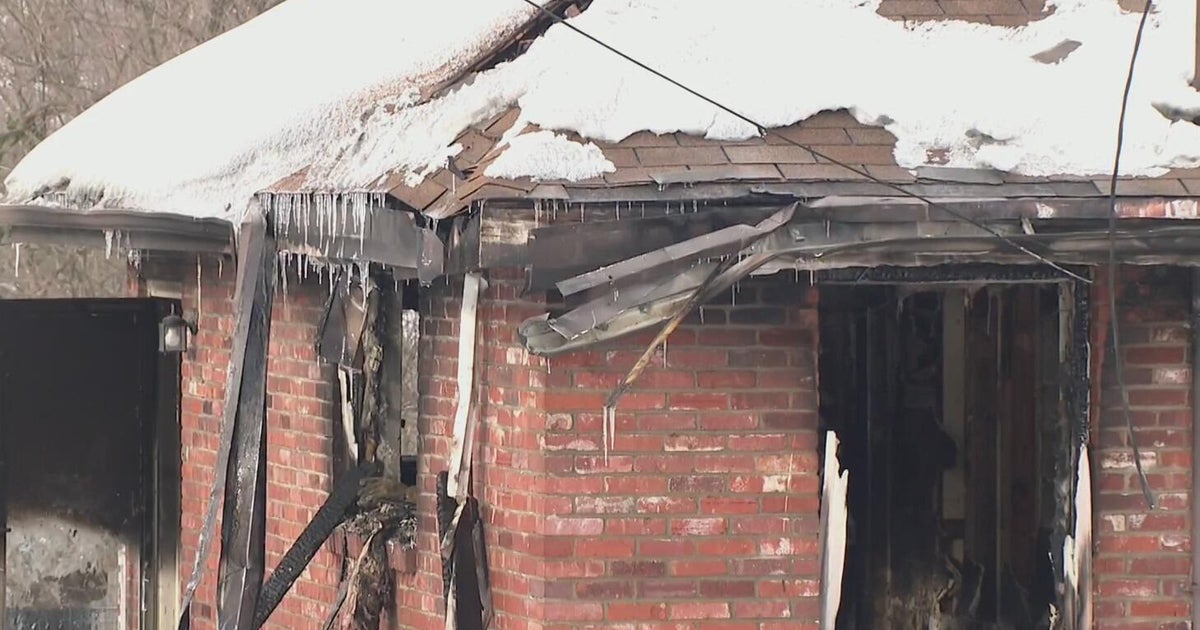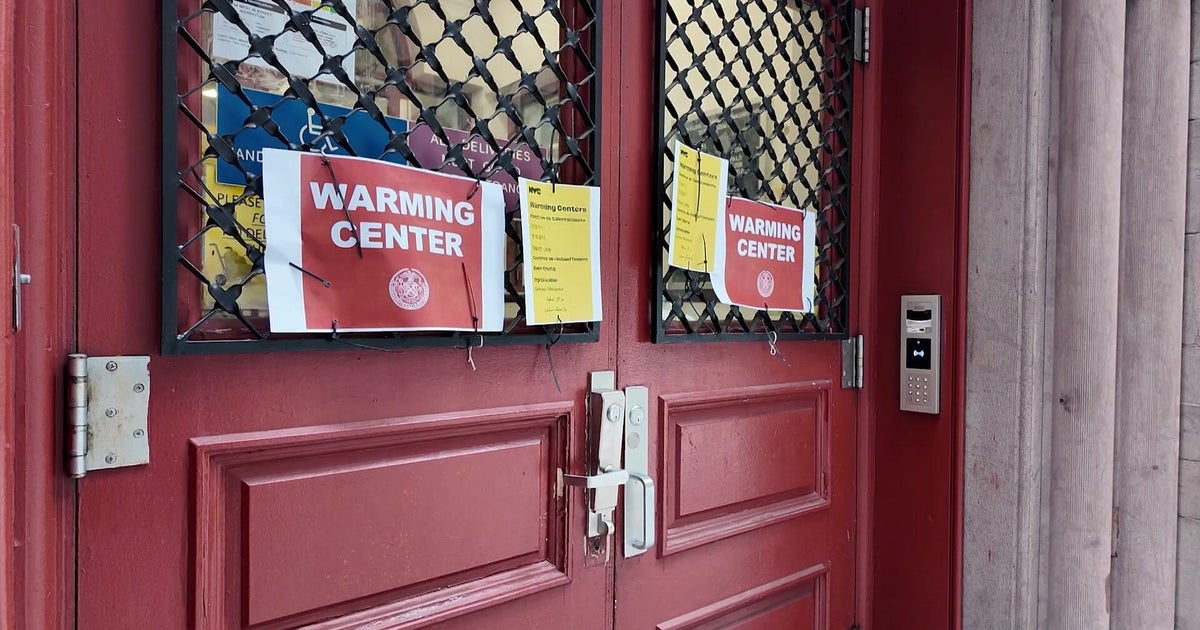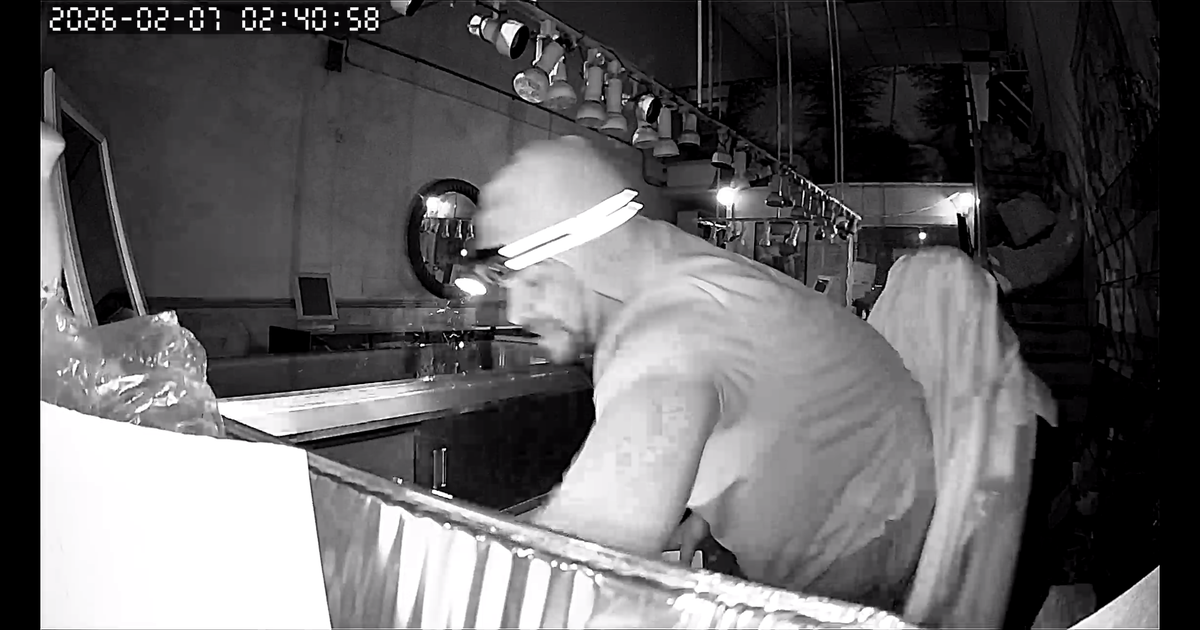Owners struggling with inflation unfortunately having to surrender their pets
MIAMI – Animal shelters in some areas of the country are seeing more pets returned to their care. Some owners struggling with the rising costs of rent, food, and gas are making the difficult choice to surrender their cat or dog.
"We had to make a decision about, you know, we need a roof for the baby and us," says Kathya Perec of Florida.
Shelters in some parts of the country are overwhelmed and understaffed.
Julie Skellenger of Kiya Koda Humane Society in Iowa says, "We only have so much space in our facility. So if we don't have the room, we have to tell them no."
According to data from "Best Friends Animal Society," 355,000 cats and dogs were euthanized in U.S. shelters in 2021 – the first increase in five years.
"This is the toughest summer that I have seen in 13 years of being involved in animal welfare," says Mirah Horowitz, founder and executive director of Lucky Dog Animal Rescue. "And it's especially hard coming off of 2020, when you couldn't find an animal to give to someone."
Horowitz and her rescue teamwork with high-kill shelters in South Carolina, Virginia, Texas and even Puerto Rico, bringing animals to the DC-metro area for foster and adoption. But those needing a home have far outpaced people looking for a pet.
"I have never turned down puppies. I am turning down puppies this year. It breaks my heart," laments Horowitz.
She says there's another reason for the animal surplus: a suspension of spay and neuter early in the pandemic.
"We stopped spay and neuter for a short period of time in many places because we were preserving PPE, we didn't know what to do. But now we're in the fourth generation of those unwanted litters that came out of that time."
Animal welfare organizations offer assistance to owners in need, ranging from food to veterinary care to help keep pets in their forever homes. The ASPCA operates Community Veterinary Clinics in underserved areas, providing partially and fully subsidized preventive care to qualifying pet owners.
"There is a wide spectrum of what pet owners can afford and all along that spectrum there's a limit to how much people can afford to pay for care," says Dr. Carolyn Brown of the ASPCA's Community Medicine Department.
To save on medical care, Dr. Brown suggests discussing your budget with your veterinarian because there is typically a range of treatments available for your pet.
Horowitz and her rescue team are hoping the dog days of summer don't further slow the pace of fosters and adoptions. Even if you can't take in a pet yourself, animal welfare experts suggest contributing your time as a shelter volunteer or making a donation.







